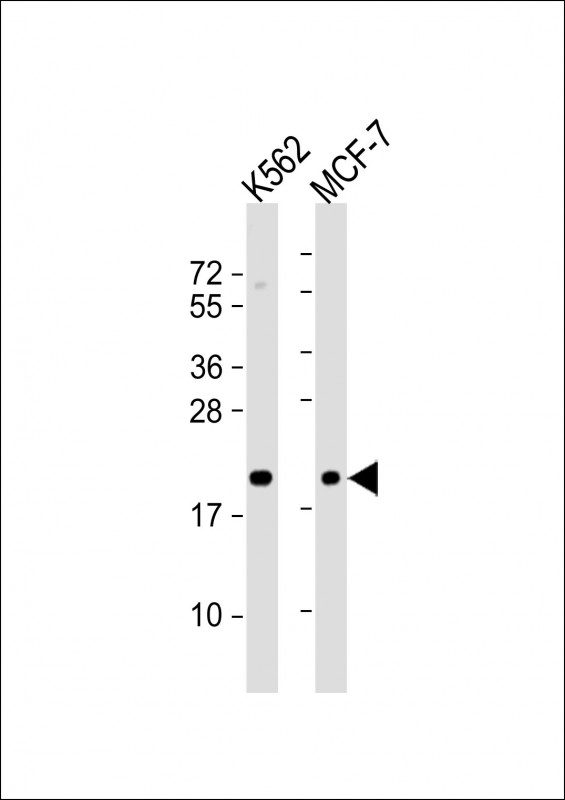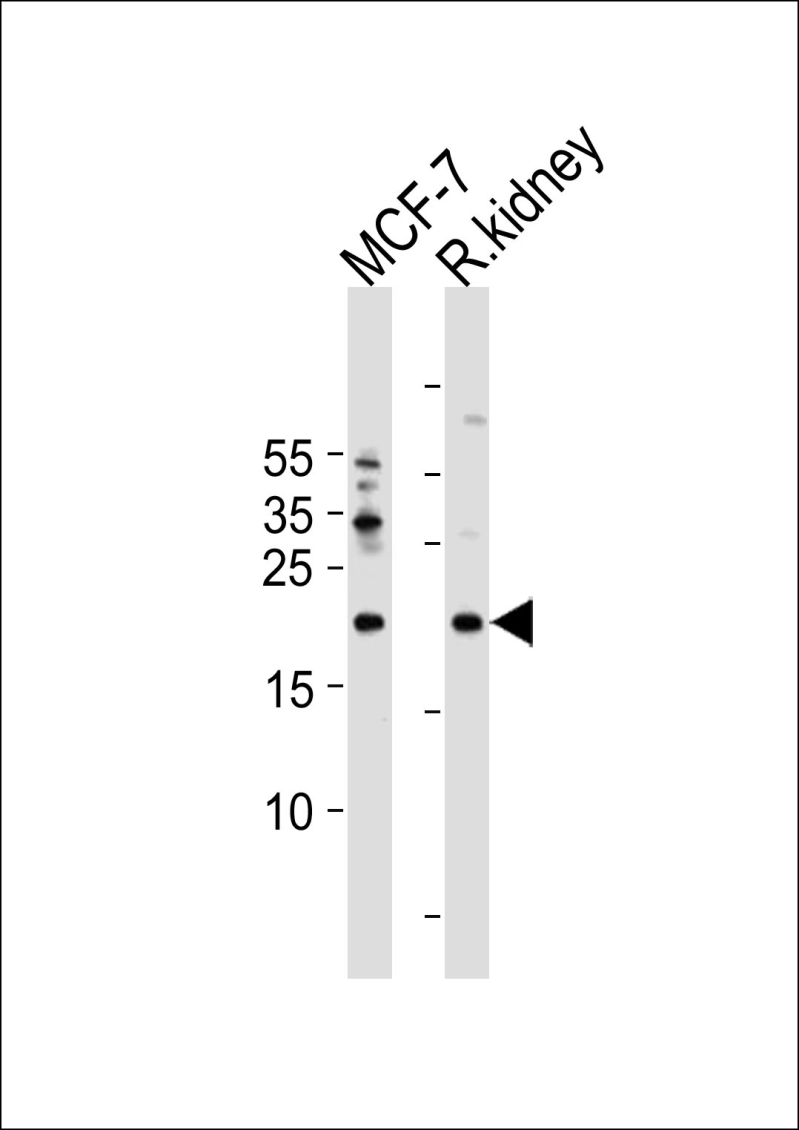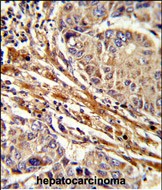


| WB | 1/1000 | Human,Mouse,Rat |
| IF | 咨询技术 | Human,Mouse,Rat |
| IHC | 1/100-1/500 | Human,Mouse,Rat |
| ICC | 技术咨询 | Human,Mouse,Rat |
| FCM | 咨询技术 | Human,Mouse,Rat |
| Elisa | 咨询技术 | Human,Mouse,Rat |
| Aliases | Adenine phosphoribosyltransferase, APRT, APRT |
| Entrez GeneID | 353 |
| WB Predicted band size | 19.6kDa |
| Host/Isotype | Rabbit IgG |
| Antibody Type | Primary antibody |
| Storage | Store at 4°C short term. Aliquot and store at -20°C long term. Avoid freeze/thaw cycles. |
| Species Reactivity | Human, Mouse, Rat |
| Immunogen | This APRT antibody is generated from rabbits immunized with a KLH conjugated synthetic peptide between 143-170 amino acids from the C-terminal region of human APRT. |
| Formulation | Purified antibody in PBS with 0.05% sodium azide. |
+ +
以下是关于APRT(腺嘌呤磷酸核糖转移酶)抗体的3篇参考文献及其摘要概括:
---
1. **文献名称**: *Adenine phosphoribosyltransferase deficiency: a rare but treatable cause of renal failure*
**作者**: Edvardsson, V.O. et al. (2019)
**摘要**: 该综述总结了APRT缺乏症的临床特征及诊断方法,强调通过免疫组化或Western blot中使用特异性APRT抗体检测酶活性缺失的重要性,并指出早期抗体辅助诊断可预防肾损伤。
2. **文献名称**: *Monoclonal antibody-based detection of APRT deficiency in human tissue*
**作者**: Ceballos-Picot, I. et al. (2008)
**摘要**: 研究团队开发了针对人类APRT的单克隆抗体,验证其在患者细胞和组织中的特异性,证明其可用于快速诊断APRT缺乏症,并区分疾病亚型。
3. **文献名称**: *APRT genetic and enzymatic analysis in pediatric kidney stone formers*
**作者**: Bollée, G. et al. (2011)
**摘要**: 通过APRT抗体进行肾脏组织免疫染色,发现患儿肾小管中2.8-二羟基腺嘌呤结晶沉积,证实抗体在病理诊断中的关键作用,并提出基因-酶-抗体联合诊断流程。
---
**备注**:以上文献信息为示例性质,实际引用时需核对数据库(如PubMed)以确认作者、标题及年份的准确性。若需补充,Hidaka等人(1997)关于跨物种APRT抗体交叉反应的研究也可作为扩展参考。
**Background of APRT Antibody**
Adenine phosphoribosyltransferase (APRT) is a key enzyme in the purine salvage pathway, catalyzing the conversion of adenine to adenosine monophosphate (AMP) using phosphoribosyl pyrophosphate (PRPP). APRT deficiency, a rare autosomal recessive disorder, leads to the accumulation of 2.8-dihydroxyadenine (DHA) crystals, causing kidney stones and chronic kidney disease. APRT antibodies are essential tools for studying this enzyme's expression, localization, and function in both normal and disease states.
These antibodies are widely used in research to detect APRT protein levels via techniques like Western blotting, immunohistochemistry, and immunofluorescence. They help identify APRT-deficient patients, elucidate molecular mechanisms of DHA nephropathy, and explore therapeutic interventions. Additionally, APRT antibodies contribute to broader studies on purine metabolism disorders and cellular nucleotide homeostasis.
Commercially available APRT antibodies are typically developed in model organisms (e.g., mice, rabbits) using purified recombinant APRT protein or peptide antigens. Their specificity is validated using knockout controls or siRNA-mediated APRT silencing. Beyond clinical research, APRT antibodies are employed in biochemical assays to study enzyme kinetics, substrate interactions, and regulatory pathways, underscoring their versatility in both diagnostic and experimental settings.
In summary, APRT antibodies are critical for advancing understanding of APRT-related pathologies and developing targeted treatments for metabolic and renal disorders.
×